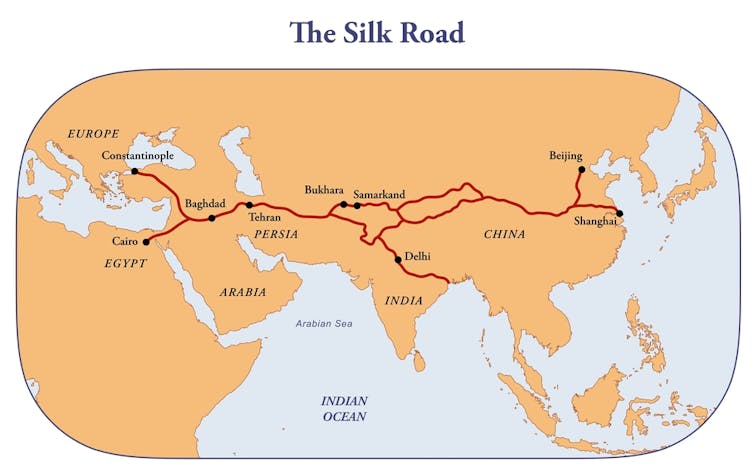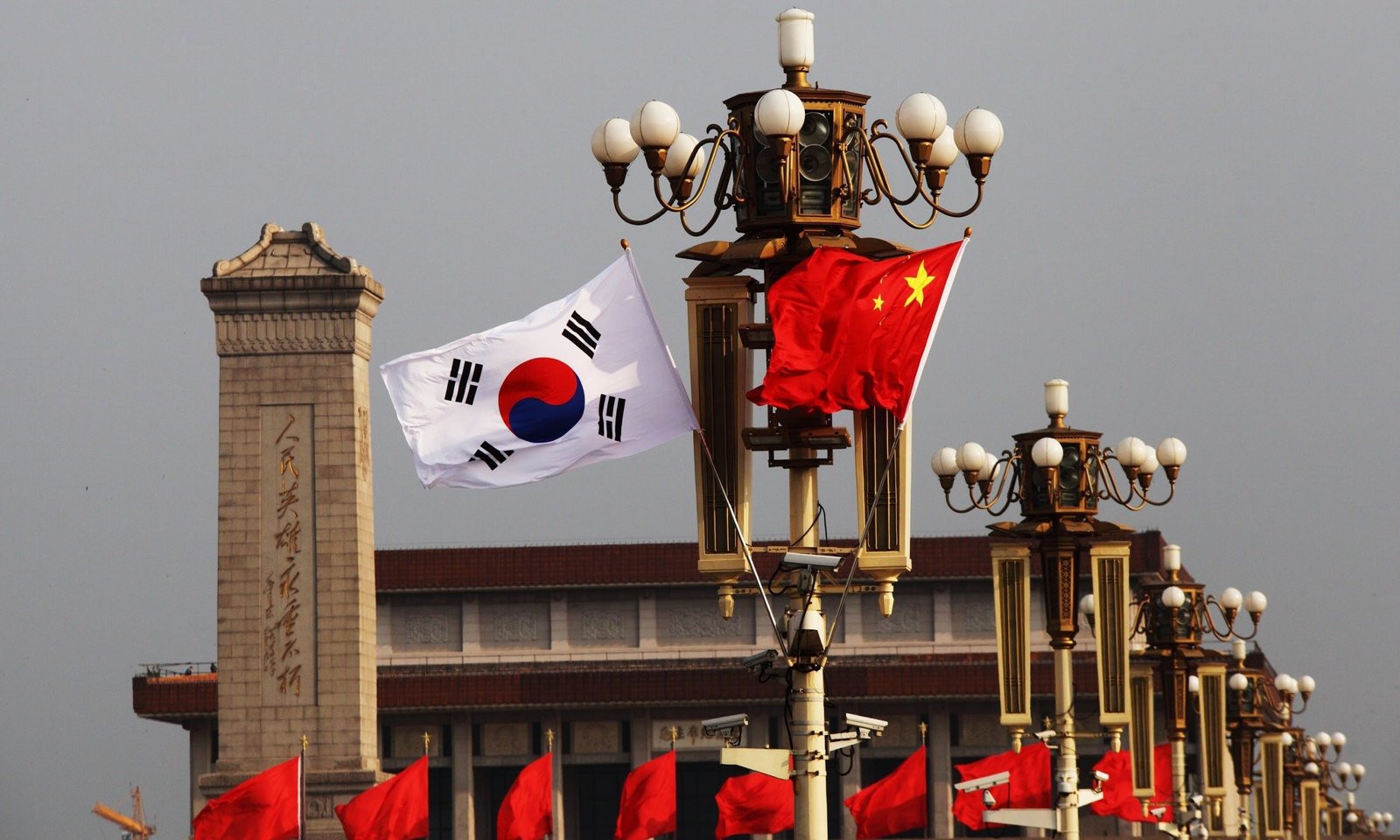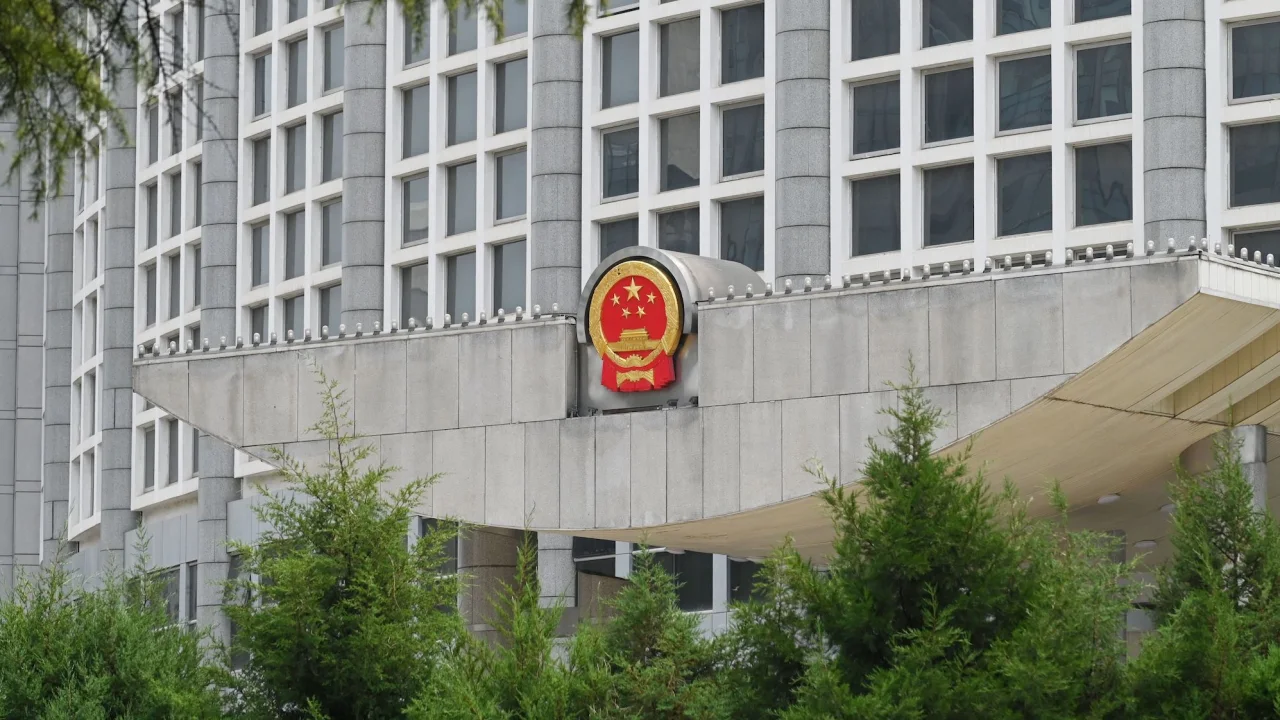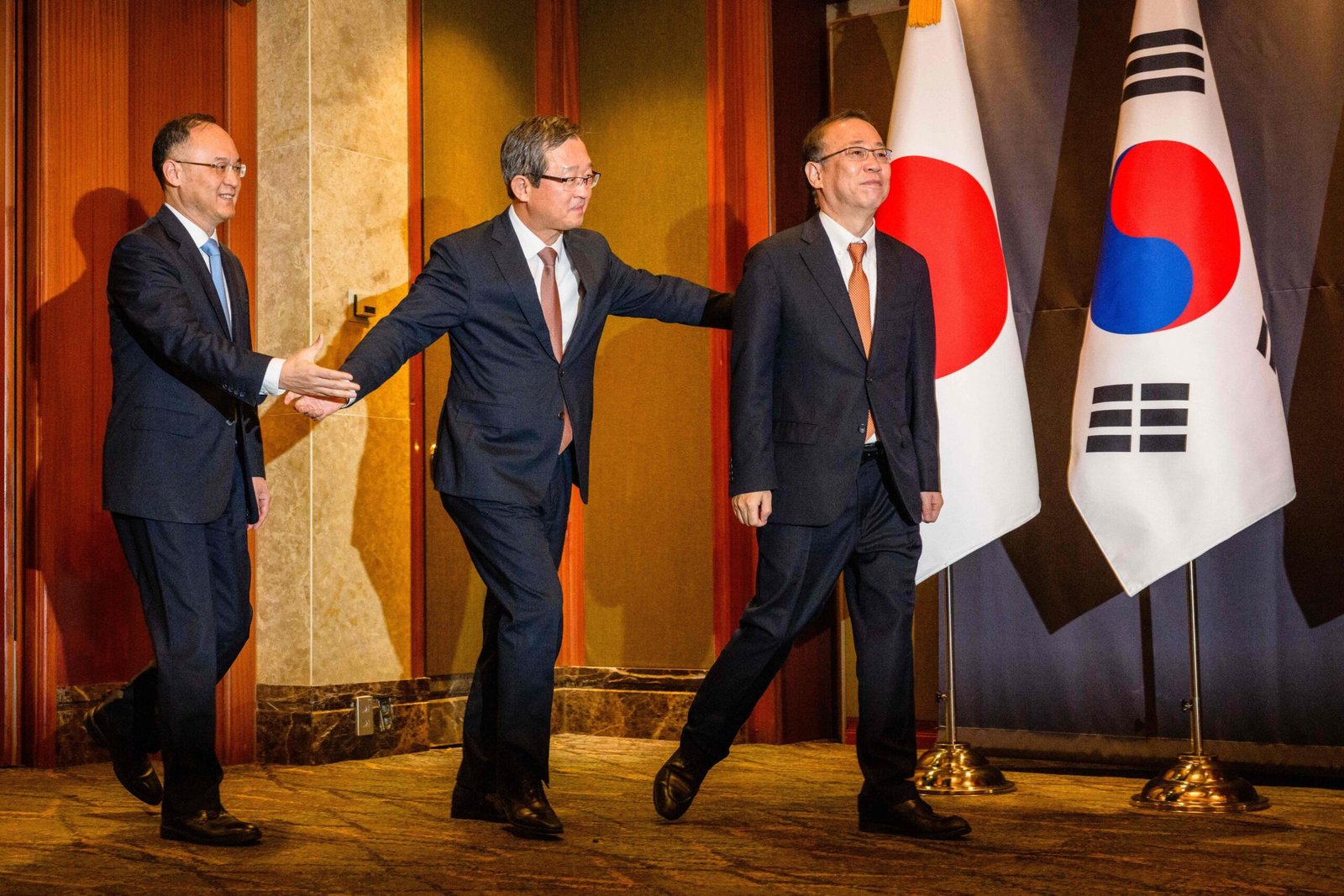
India-China feud keeps international planes out of Nepal airport
By Anbarasan Ethirajan
BBC News
The bright orange hotel sticks out as far as the eye can see – but unfortunately for its owner Bishnu Sharma, there is hardly anyone there to see it.
His hotel offers breath-taking mountain views from the town of Lumbini in Nepal – Buddha’s birthplace.
But a hoped-for surge in tourist numbers has failed to materialise, blamed in part on tensions between Nepal’s giant neighbours India and China.
Lumbini saw close to a million visitors in 2022, according to the Lumbini Development Trust – and it was this number the government was betting on when it spent $76m (£61m) to build the Gautam Buddha International Airport, which opened in May last year.
Domestic tourists make up most of the visitors, with just less than a third travelling from neighbouring India.
The terminal, also known as Bhairahawa Airport, lets tourists fly directly to Lumbini instead of travelling 250km (155 miles) by land from the capital, Kathmandu.
Yet the anticipated travel boom never materialised, something travel industry experts attribute to a lack of early promotion and incentives to international airlines.
“The government asked us to expand tourism infrastructure saying more international flights would come. But my hotel is two-thirds empty. I am now struggling to repay my loan,” Mr Sharma tells the BBC, adding that he is millions of rupees in debt.

Travel industry experts argue tourist arrivals, particularly from overseas, will go up if there are regular scheduled international flights operating out of Bhairahawa airport.
But Nepali officials say Delhi has refused to allow big passenger planes to fly west through its airspace – meaning planes cannot fly over India to reach the Gautam Buddha airport. Access to Indian airspace would mean shorter flights at lower cost.
Some in Nepal also believe that Delhi is wary of the fact that the Gautam Buddha airport was constructed by China’s Northwest Civil Aviation Airport.
The airport is also located near Nepal’s border with India – west of where the two Asian giants’ troops clashed last December in the Arunachal Pradesh region, just seven months after the terminal opened to international traffic.
In 2020, a major encounter between India and China killed at least 20 troops. At the centre of their dispute is an ill-defined, poorly-demarcated 3,440km (2,100-mile)-long border- called the Line of Actual Control, or LAC.
The presence of rivers, lakes and snowcaps means the line can shift. The soldiers on either side – representing two of the world’s largest armies – come face to face at many points.
The situation at the border is mirrored by growing political tension, with strained ties between Indian Prime Minister Narendra Modi and Chinese President Xi Jinping.
Observers say talks are the only way forward because both nuclear-armed countries have much to lose. The two countries have fought only one war, in 1962, when India suffered a humiliating defeat.
The Gautum Buddha airport was meant to be the key to Nepal’s plan to grow traffic by easing the load of Kathmandu – which has been for years its only international gateway. Kathmandu Airport is heavily congested and was briefly shut down by a powerful earthquake in 2015.
A third international airport located in Pokhara – a town with stunning views of the Annapurna mountains and known for adventure sports – is facing a familiar problem to Bhairahawa.
Since it opened last January, the airport – built with a $215m loan from China – has not welcomed any international flights, save for a charter flight from Chengdu that brought in Chinese officials and tourists.
Currently, Gautama Buddha and Pokhara have a combined traffic of 80-85 domestic flights per day. But experts say the terminals need substantial international traffic to sustain operations.

“I don’t think only domestic flights will make these two airports commercially viable. It may be difficult to repay the loan without regular international flights,” says Tri Ratna Manandhar, the former director general of the Civil Aviation Authority of Nepal.
Pokhara International Airport chief Bikram Raj Gautam says Nepal needs “proactive diplomacy” to convince countries like India to open their airspace to commercial flights that will land in Nepal.
Experts say Nepal can also look at attracting tourists from the east like Thailand, Japan and Cambodia, while Delhi’s restrictions choke traffic from the west.
Nepal Airlines has just started a weekly flight from Bhairahawa to Kuala Lumpur – something that should send a positive message to other airlines, Dipak Bajracharya, director of the Gautam Buddha International Airport tells the BBC.
But Nepal’s minister for tourism and civil aviation, Sudan Kiranti, remains optimistic that there will be a resolution with Delhi – and soon.
“We are in constant touch and dialogue with Indian officials and diplomats,” he tells the BBC. “They are very positive.”
With additional reporting by Surendra Phuyal in Kathmandu













